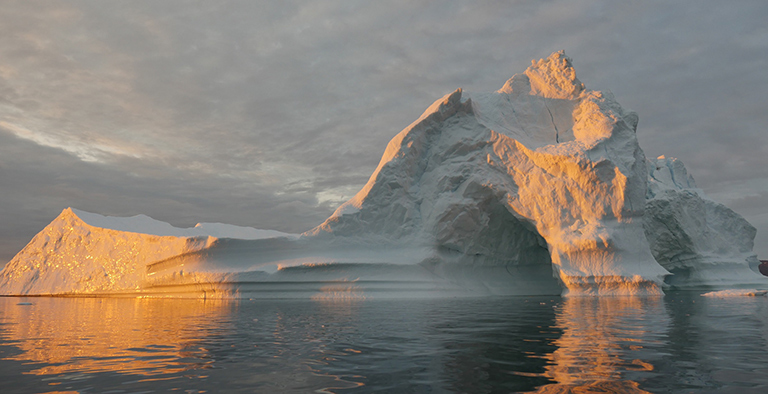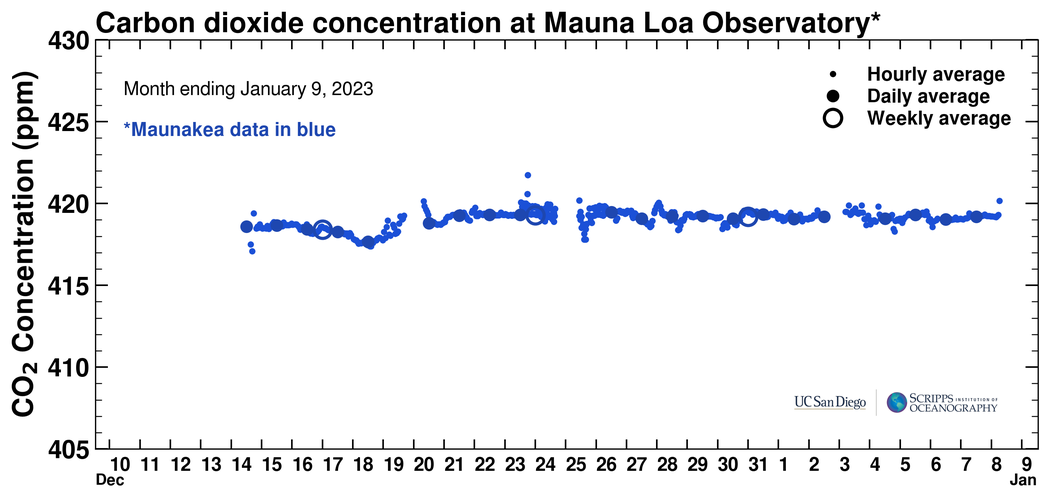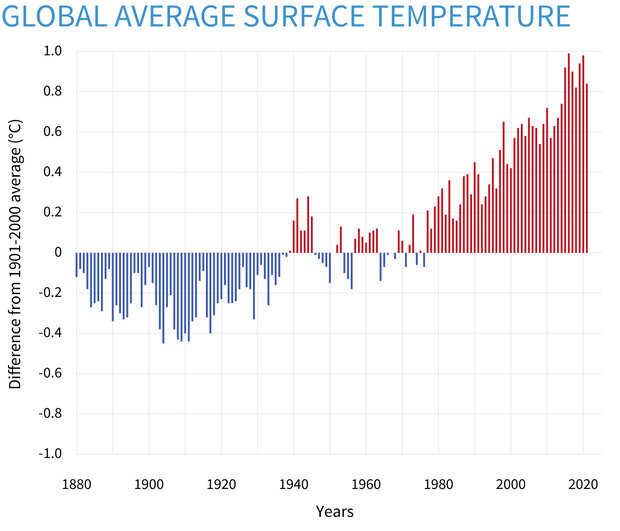
The demand for food is increasing as the global population grows. However, there are many obstacles to food security around the world. These include fast food transitions, high prices, overconsumption, inefficient supply chains, and increased prices. Climate change will also have a significant impact on food production, distribution, consumption, and consumption. There are many things you can do to adapt and mitigate the effects of climate changing on food.

For instance, climate-smart agricultural practices can reduce greenhouse gas emissions from livestock products. These strategies won't work if they aren't paired with coordinated action to reduce greenhouse gas emissions. It is necessary to reform the global food system so that net food system emissions are minimized and responsible consumption and nutrition are promoted. It is essential to develop an emergency food reserve and data collection systems that are efficient.
In order to make agricultural practices more efficient and improve post-harvest processing and waste management, effective technology is essential. Scientists must also be able to better understand how dietary interventions can reduce food waste and promote the well-being of communities. These activities can be facilitated by the scientific community. They can help you determine how to manage your dietary interventions effectively and what the best cost-effectiveness of these initiatives is.
A key component of the scientific community's role includes developing global knowledge systems for sustainable development. Such a system would integrate information about human population dynamics, ecosystem services, and agricultural practices into a comprehensive framework. This information is extremely useful in developing a food system that can withstand rapid climate changes.
Additionally, scientists are able to measure and communicate the vulnerability in agriculture to climate change. They can also help increase investment in agriculture by providing information about the economic benefits of climate smart farming techniques. This can also help to reduce some of the adverse effects of climate change on food safety. Scientists may also be able to identify areas where greenhouse gas mitigation is possible.

Although scientists have much of what they can contribute, a coordinated global response to climate change is complex and multi-dimensional. For success, governments, private corporations, and civil-society organizations must collaborate. Governments need to work together to ensure policies are based upon evidence and that research is focused on finding the best possible policy solutions. To do this, governments should establish common platforms, such national and international climate change, and food security committees. Private and public businesses should also invest in sustainable supply chains that are low-waste and low-cost.
Finally, scientists can help to develop a coherent and multi-disciplinary understanding about food insecurity. This understanding will help to develop strategic and flexible investments, as also to create evidence-based policy options. These areas include how to optimize dietary interventions, improve the nutritional quality of diets, the most effective ways to manage food loss and the most cost-effective methods to reduce food wastage.
FAQ
What are the consequences of climate change for society and the environment?
Climate Change can have broad impacts on society as well as the environment. Climate change can have many effects on the environment. These changes can have grave consequences for human population, increasing instability and inflicting insect-borne disease and poverty on a large scale, as well as altering migration patterns and destroying important habitats.
Already, climate change is having an enormous impact on the environment as well as societies around the globe. Global temperatures are expected to continue to rise and this will only get worse in the future.
One of the most prevalent effects of climate changes worldwide is the rise of ocean levels as a result of melting ice cap. This results in coastal erosion and increased flooding risks for coastal communities. In many countries, saltwater intrusion can also occur, affecting freshwater supplies in the coastal areas.
Many countries are experiencing extreme weather events, such as droughts or heatwaves as a result climate change. These extreme weather events can cause widespread destruction of homes and businesses. In some cases, they lead to the displacement or relocation or even complete destruction of entire towns. Extreme storms also present risks of flooding or landslides which can cause further damage to infrastructure, such as roads and railways.
Also, wildfires due to climate change are occurring more often than ever. These fires can cause severe damage to habitats and the lives of people living close by.
Such drastic changes in living conditions often result in displacement or even refugee crises when people move away from their homes either voluntarily or involuntarily because their towns have become too dangerous or no longer habitable given their altered climate conditions against which they cannot cope adequately.
Increased aridity also increases dust storms worldwide with unhealthy air pollution caused by these making it difficult for people who suffer from respiratory illnesses such as asthma especially vulnerable. Pest infestations will increase due to higher temperatures - a phenomenon called the 'greenhouse bug'. This can further impact global food insecurity as fewer crops are available with poorer nutritional qualities, potentially creating additional hardships for marginalized populations that otherwise would be barely able to make ends meet.
What does climate change politics have to do with global efforts to combat it?
Climate change is highly politicized and has caused division between governments, individuals, and nations. Politicians of many actors influence the implementation of actions to address climate change. It is becoming difficult to reach consensus on global efforts for addressing this urgent environmental crisis.
The vast majority of scientific opinion agrees that human-generated climate change is real and requires urgent action. Politics surrounding these issues can often hinder global cooperation, which is required to make effective progress in implementing sustainability energy practices and upholding regulations protecting natural environments, researching viable technological options, and other climate-change interventions.
Many governments across the globe are determined to protect their own economic interests and enforce regulations that restrict business activities. This frequently clashes with the regulations that experts recommend in order to tackle climate change effectively. Without strong international commitments and wide-spread international action, it can be very difficult for any individual state or group of nations to address climate change effectively through legislation.
Differences in power dynamics among countries further complicate gaining full consensus on how best to tackle climate change. Countries with more economic power may appoint themselves to be represented on international bodies for negotiations about the environment. This can lead the to divisive discussions between the countries' interests and the collective interest. At both the national and international level, there have been extensive discussions about potential side effects of radical changes like geoengineering.
At a grassroots level too, grassroots movements have struggled against powerful opponents including corporate ownerships and well-funded lobbies trying to maintain politically favorable positions for their industries especially when it comes to funding research into alternative forms of energy production or enforcing renewable energy technology mandates such as low emissions targets for vehicles etcetera - meaning individual governments must remain clearheaded about potential rewards and outcomes if they are going actively try to make valid progress on the matter in the question itself instead seeking public favor through short-term gains or even spectacles.
To mitigate the current environmental crisis, it will be crucial that resources are properly distributed and political divisions between countries are not overlooked.
What is the potential of new technologies to combat climate changes?
The possibilities of new technologies for addressing this global challenge are endless. Advanced science is making it possible to shift to a more sustainable world.
For lowering greenhouse gas levels, there are new carbon capture and sequestration methods. In addition to reducing emissions from livestock and soil degrading, enhanced agricultural practices can help reduce them. Smart grid technology may also be used to boost efficiency and improve building design.
Researchers can also use cutting-edge synthetic biology to develop organisms that can convert green fuels like CO2 laser into biofuels and other feedstocks. This could change the way that transportation is done if petrol-based vehicles are replaced by zero emission electric cars that are powered from clean sources.
Finally, increased investment in digital technology can empower people across borders with more access to data about their ecological footprints and allow them to make better decisions regarding their consumption habits. Ultimately, understanding our role in carbon production is paramount allowing us all to be better stewards of our planet.
What is the impact of climate change on biodiversity and ecosystems?
Climate change can have many impacts on biodiversity and ecosystems. Today's issues that impact wildlife and ecosystems include rising temperatures, increased sea levels and extreme weather events.
These changes can result in shifts of habitat areas, disrupting food chains or affecting population numbers or distributions. With potentially devastating consequences for biodiversity, ecosystems and their functioning, these shifts in climate conditions could cause significant impacts. Changes in the hydrological cycle can also affect water availability for aquatic species.
Climate changes can lead to higher temperatures and more frequent extremes (such as droughts) which put more stress on already fragile systems, like coral reefs or tropical forests. Up to 30% of all animal species could be extinct by 2050 due to climate change, which would lead to further losses in ecological communities.
Climate change poses a grave threat to biodiversity, but also to human societies that are dependent on functioning ecosystems to provide food, fresh water and timber. It is essential to mitigate its effects at all levels. Future damages must be avoided by careful management.
What is the relationship between climate change and extreme weather events?
Global warming directly links extreme weather events like heat waves, floods. droughts. cyclones. storms. Global warming has contributed to an increase in the atmospheric temperature.
Climate scientists say that the average frequency of extreme weather-related disasters had more than doubled since 1980. Sea levels rise as a result of changing wind patterns and ocean temperatures. This has an impact on the normal distribution and strength of hurricanes and storms across different regions of the planet.
Warm water was pushed towards South America by the 2015 El Nino event. This caused rising temperatures to alarming levels. Heavy rains also caused flooding in Peru and Bolivia, causing displacement and property damage. Many places, including Antarctica had their highest-ever temperatures. This suggests a connection between global warming trends or the occurrence or frequency in extreme weather events.
Another example is Hurricane Irma which took place in 2017 causing $50 billion of economic loss not just to the USA's Florida but also to other states such as Puerto Rico, Cuba, etc proving once again that climate change is responsible for a dramatic increase in major storms.
The Intergovernmental Panel on Climate Change's (IPCC) concluded, "Human activities are increasing the severity current climate change." This naturally leads worldwide to more severe, intense, and frequent natural disasters. There is strong evidence of humans' involvement with extreme weather events occurring frequently around us all.
What is the state of international efforts for climate change mitigation?
International efforts to combat climate change are moving at a remarkable pace and with unprecedented unity. International efforts to address climate change are being facilitated by countries around the world, who are increasingly working together to reduce carbon emissions, improve resilience and invest in renewable energies.
The Paris Agreement, which has galvanized global action and provides a framework for countries to establish voluntary targets to reduce their emissions, serves as a framework. The UN Framework Convention on Climate Change and (UNFCCC) provides political guidance, as well as piloting initiatives such a carbon market.
There are also progresses in certain regions. For example, the European Green Deal, a comprehensive package aimed at recreating Europe’s economy with sustainability at the core, and the African Renewable Energy Initiative, which targets increasing Africa's share in global renewable energy production, is being implemented.
Along with policy changes, action can be observed across all sectors and industries. Cities are actively moving toward sustainable public transport systems. Society as a whole is moving towards more sustainable lifestyles. Companies invent technologies that reduce carbon emissions. Investors are shifting their capital away to renewables.
The OECD committee's wealthy members have adopted common standards in reporting on national actions related to climate change. These are the Common Reporting Frameworks (CFR), also known as the 2021 Guidelines.
All of these efforts show an unprecedented focus on climate action. If there is any hope of meeting the science-based Climate Goals, all stakeholders (governments, civil societies, and private sectors) must continue to build on their momentum and push for greater ambition & progress.
Statistics
- This source accounts for about 10% of all the water that enters this highly productive farmland, including rivers and rain. (climate.nasa.gov)
- This source accounts for about 10% of all the water that enters this highly productive farmland, including rivers and rain. (climate.nasa.gov)
- According to the 2014 report on Climate Change Impacts, Adaptation, and Vulnerability (page 8) from the United Nations Intergovernmental Panel on Climate Change, governments at various levels are also getting better at adaptation. (climate.nasa.gov)
- The 100 least-emitting countries generate 3 per cent of total emissions. (un.org)
- The 10 countries with the largest emissions contribute 68 percent. (un.org)
External Links
How To
How to Educate your Community about Climate Change and Mobilize Action
There are many ways to learn about climate change education, including online resources and interactive tools, classroom activities, simulations and experiential learning programs. The following are key components to effective climate change education:
-
arming people with practical knowledge about the subject
-
Demonstrating how individuals can make a difference
-
Participating in an open dialogue regarding potential solutions
-
Inspiration through shared experiences that inspire action
Educators will be able, through comprehensive lessons on climate change that are accessible to both students and adults, to help their communities create strategies for reducing their environmental footprint.
A unique way to engage people in meaningful dialog is to link scientific research with real world examples. Exploring case studies and best practices also provides participants with opportunities to witness positive outcomes firsthand, which can inspire further innovation or replicable measures within their own communities or organizations.
Participating in action-oriented activities within educational curriculums gives participants the mental tools they need to create campaigns, form petitions or take local actions. This empowers them to become agents for social and/or political transformation or sustainability improvement. Individual agency is important because it highlights the importance to reduce emissions. Participants can also be shown how they contribute collectively towards a better outcome. Involving stakeholders early in the decision-making process encourages them to be involved. This could lead to more equitable outcomes for all those affected by policy design decisions. We might be able, together, to increase public awareness of the effects of climate change and take appropriate action to reduce greenhouse gas emissions.